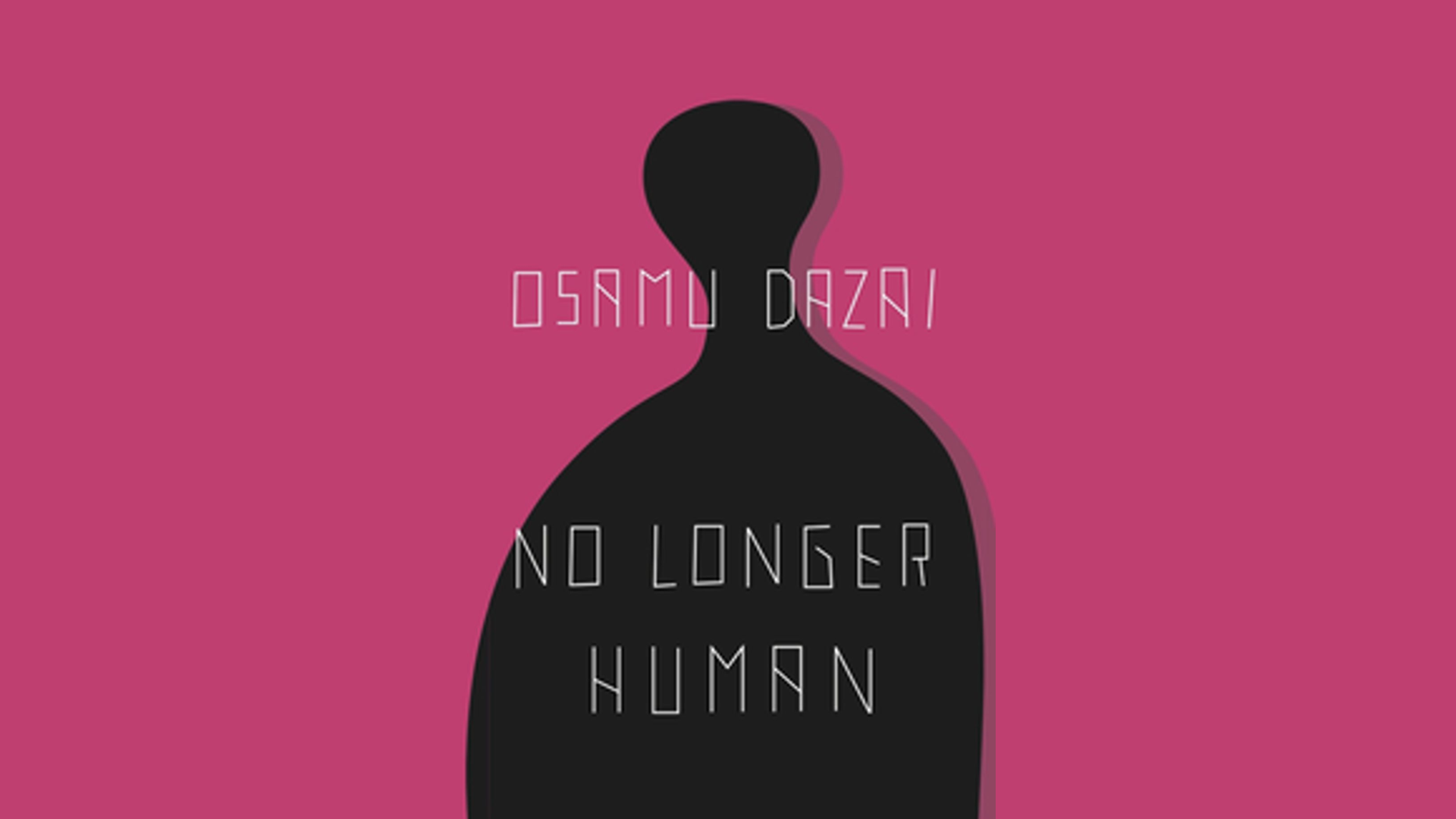
No Longer Human is a semi-autobiography fiction novel written by Osamu Dazai in which he narrates his story through the eyes of his protagonist, Oba Yozo; showcasing the hidden depth of his mental illness and alienation. It is not a typical story that every mediocre and shallow person would enjoy and understand, it is a story that would make one stare at oblivion in depicting how and why Yozo’s explanation of his series of mental alienation makes sense in the most beautiful but tragic way. Dazai wrote No Longer Human as the last book before he committed suicide. As you read the book, it tells a lot more about Dazai’s way of living that can be used to trace back the reason for his mental disorder. He came from an aristocratic family in the Kanagi region of Japan, the Tsushima clan. Albeit being born and fed with different luxuries and privileges, Dazai’s family background is the typical household with a heavy influence of old-fashioned Japanese families exhibiting behaviors that reflect in the manifestation of his reliance on women as emotional caregivers, a dynamic that highlights unresolved early attachments rooted in emotional neglect, particularly from his caregivers, who fail to provide the nurturing environment necessary for emotional growth. The novel No Longer Human offers a profound exploration of psychological trauma and alienation before the era of modern psychology. As the year goes back to 1948, and the time and culture in which it was published—post World War II Japan—the descriptions are especially poignant in terms of the disagreement and disregard of the society to emotional instability. Dazai threaded the writing of his last novel which depicted depression and addiction without histrionic elements, but rather needing a keen scrutinization to decipher what the character and author wanted to portray.
As I read the novel, Yozo’s descriptions of feeling inhuman interspersed throughout the book, in spite of his situation, he moves through his life carrying the burden of his derangement in the façade of a mockery that pleases and sacrifices one’s dignity in order to put out a laugh to another. Through the lenses of psychoanalytical criticism, due to the behavioral and psychological behavior that the main character, Yozo, displays, Dazai depicts his character as collateral or the result of how someone’s environment and upbringing affect someone’s way of life and psychological state. This statement is supported by Frosch et al. (2019), who state that a child’s growth is rooted in a complicated network of relationships. Among the various relationships that influence children’s growth and development, the one between parent and kid is possibly the most important. Recognizing the vital role of early parent-child relationship quality for children’s socioemotional, cognitive, neurobiological, and health outcomes has prompted a shift in efforts to find relational predictors of child outcomes.
This sheds light on the concept of readers’ minds in understanding the in-depth character of Yozo and how and why his decision-making always resulted in isolation, further explaining how isolation inflicts a negative or positive impact on various people. Moreover, another possibility is that social connectedness is associated with decision-making among some older adults more than others, depending on other relevant factors (Spreng et al., 2016). His rather peculiar means of choosing solitude can be interpreted as deep-rooted detachment from society. According to Santini et al., (2020), the quality and meaning of an individual’s relationship can impact one’s mental health, thus may lead to repressed anxieties and wants to materialize into detrimental actions.
One certain part of the novel is his use of journal narration type of his life endeavors reflecting a cathartic attempt to process his traumatic memories. This can be reflected in Yozo’s behaviors and thoughts which can be seen as a manifestation of unresolved trauma suggesting formative experiences of rejection and emotional isolation that serve as a factor in his dissociation from reality and chronic self-loathing. As the story progresses, there might be an uncanny attempt to relate Yozo’s experiences to some as it is very well constructed; the feeling of “otherness” and other mental illness might lead to a connection from the readers to the character; therefore, one should proceed with caution in reading this book as it can be triggering and might lead to self-diagnosis that what the reader’s feeling is similar to the character, and they must see Yozo’s abomination as the same course of path they should take.Through Yozo’s struggles, Dazai captures the psychological toll of alienation, highlighting the importance of emotional support and the consequences of its absence.
The novel ultimately serves as a haunting exploration of the human psyche and the fragile boundaries between oneself and the environment. Dazai’s work is indeed an eye-opener to the dark side of the human mind on how an individual’s experiences and boundary situations affect their future. Eventhough it was written years ago, it is appreciated and read until the modern age as it accounts mental illness of the author and the character altogether that serve as a portrayal of modern depression and anxiety. In Dazai and Yozo’s case, it was a detrimental cause that needed to be done to escape the loneliness. As I conclude, this book is heavy and not ordinary which separates it from other literary works. I would only dare to recommend this to someone who is willing to explore the concept of a human mind and the reasons and implications that it might offer. But for recreational reading, I would not recommend for it piques the mentality and notion of one individual.
